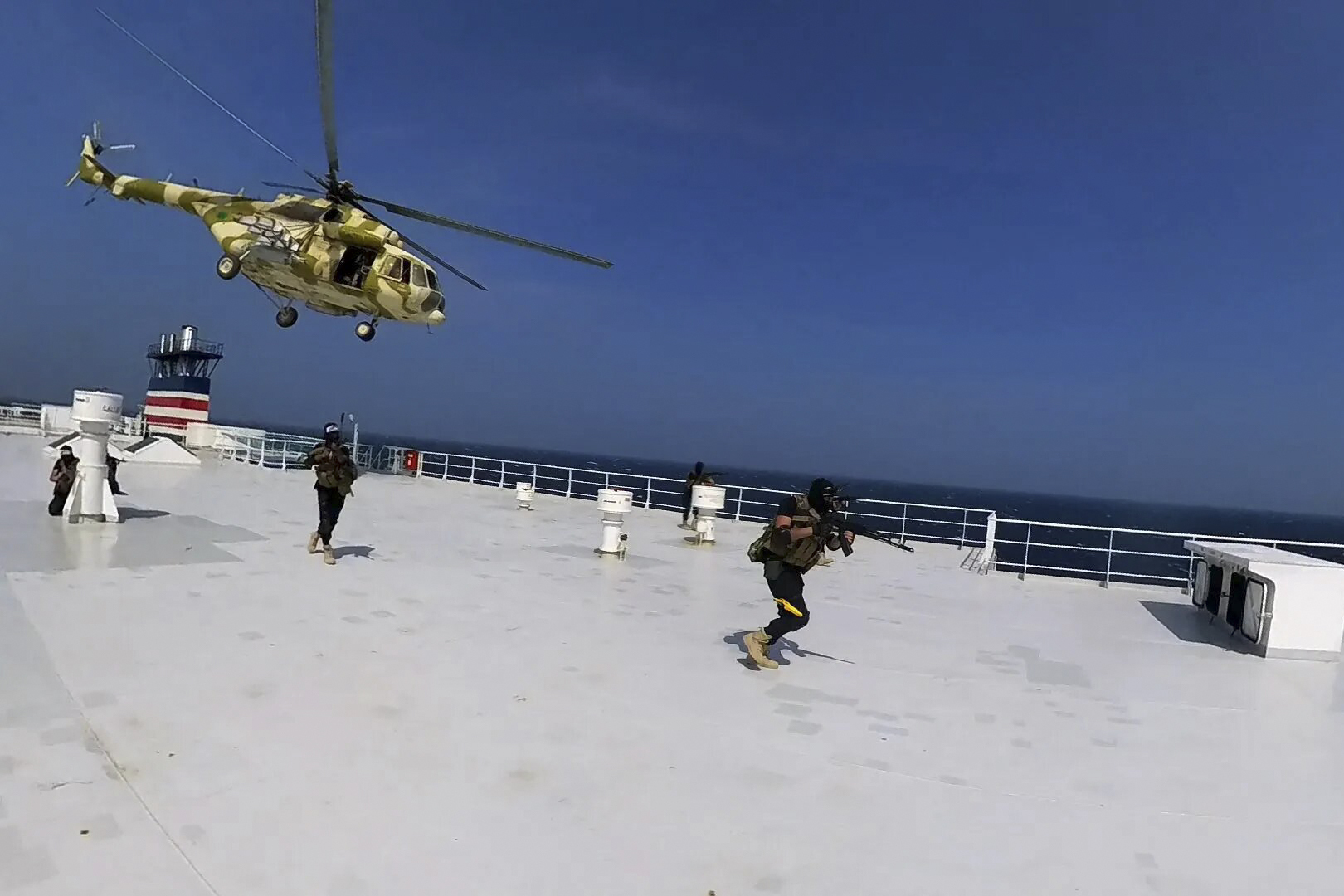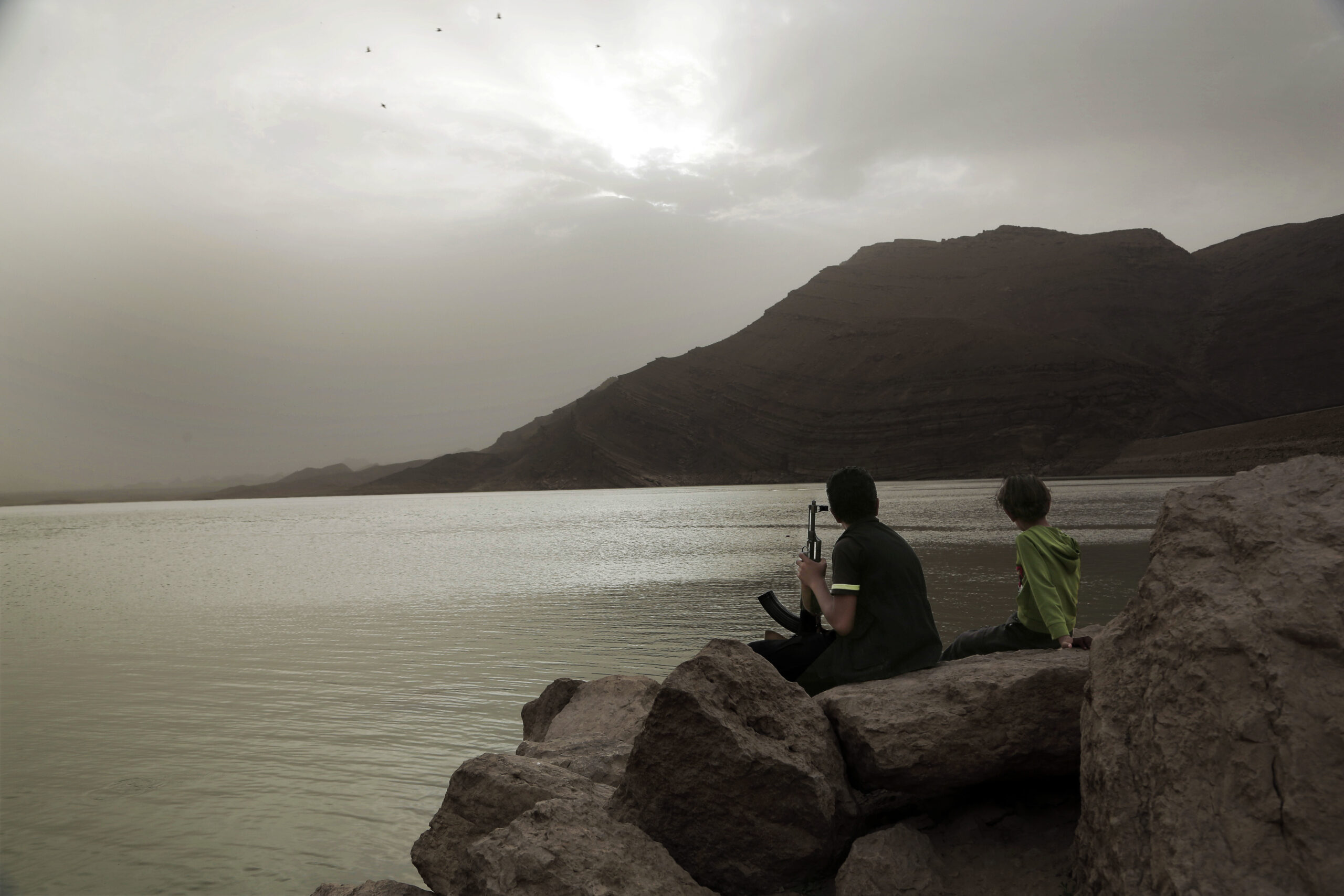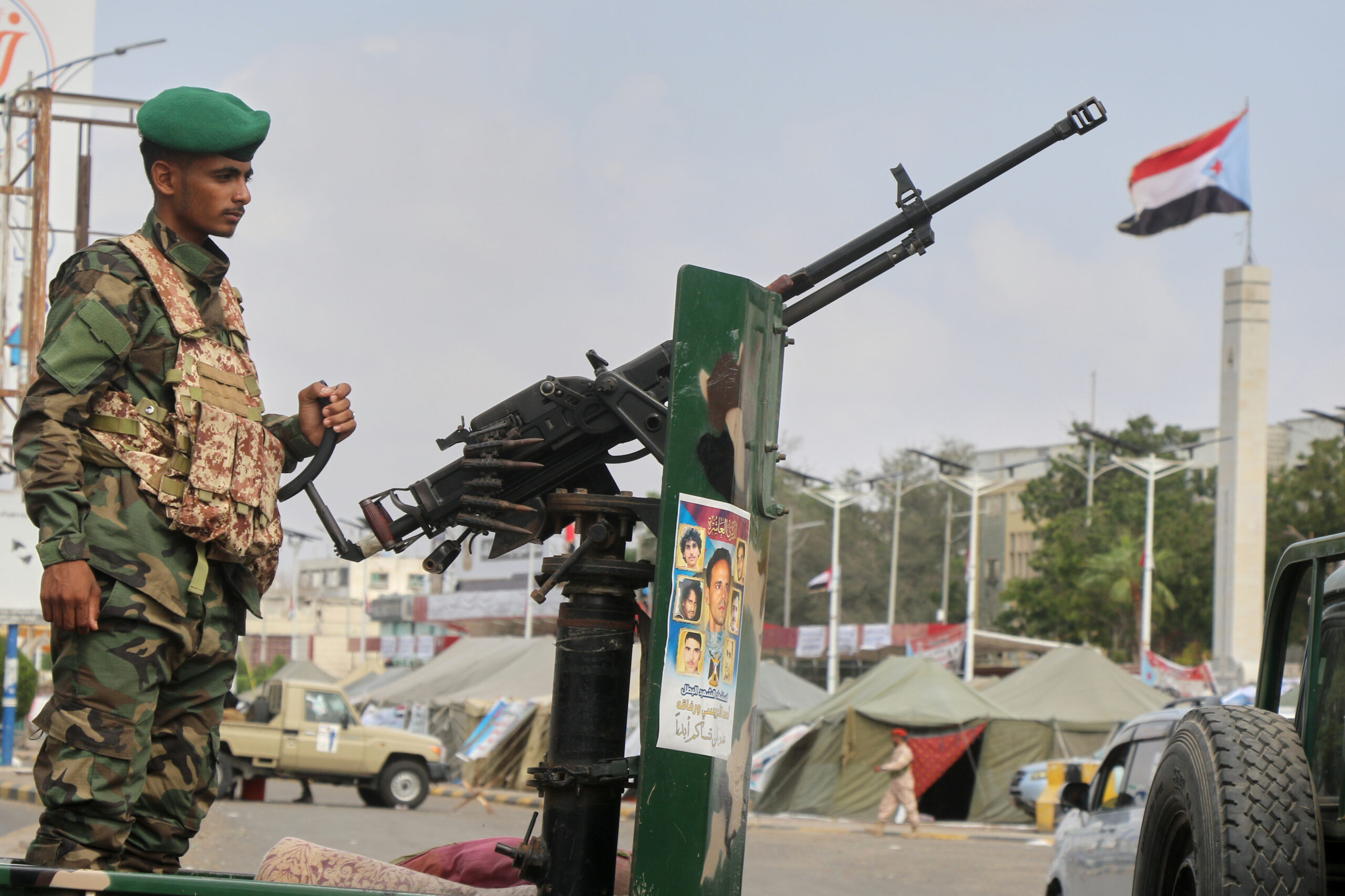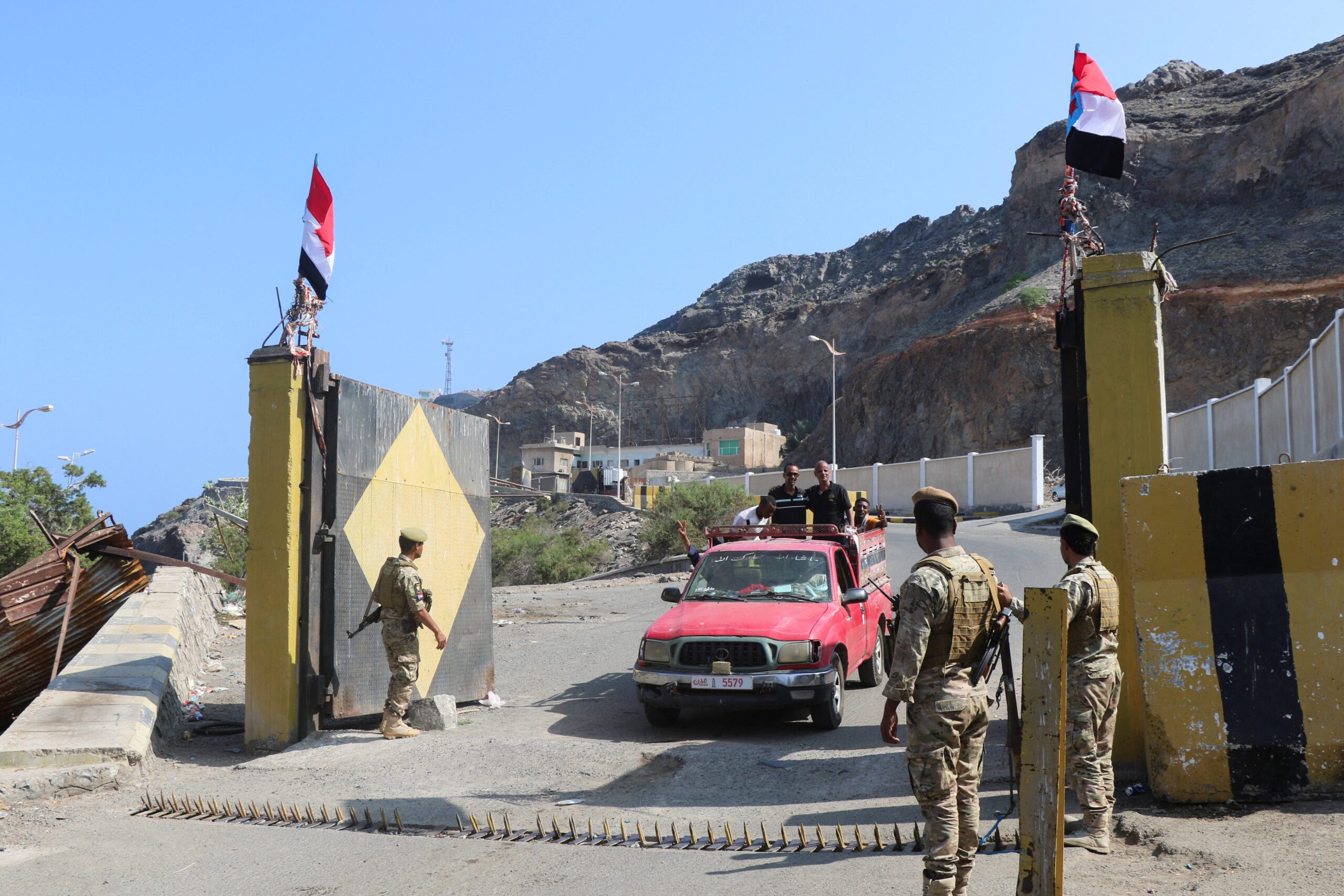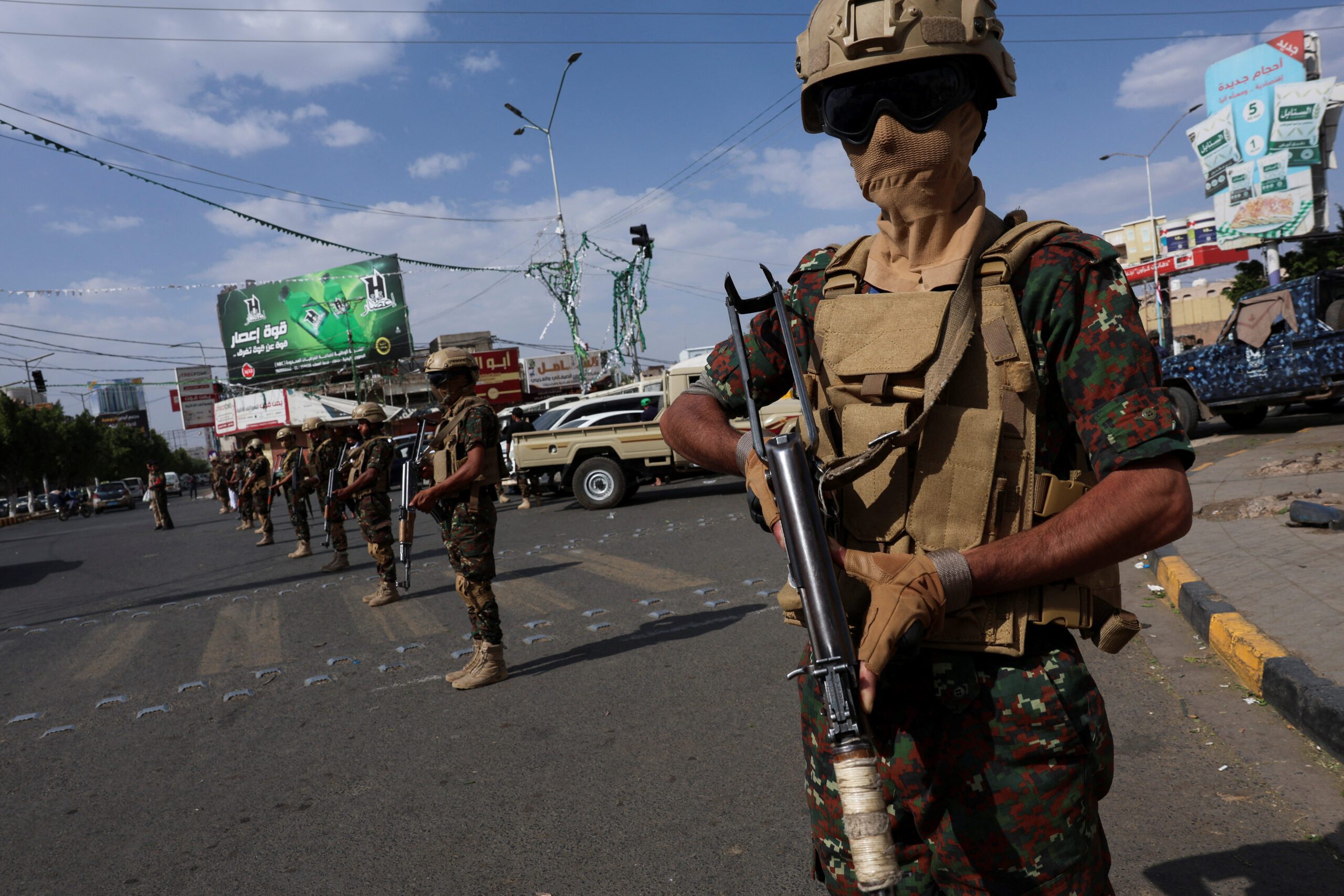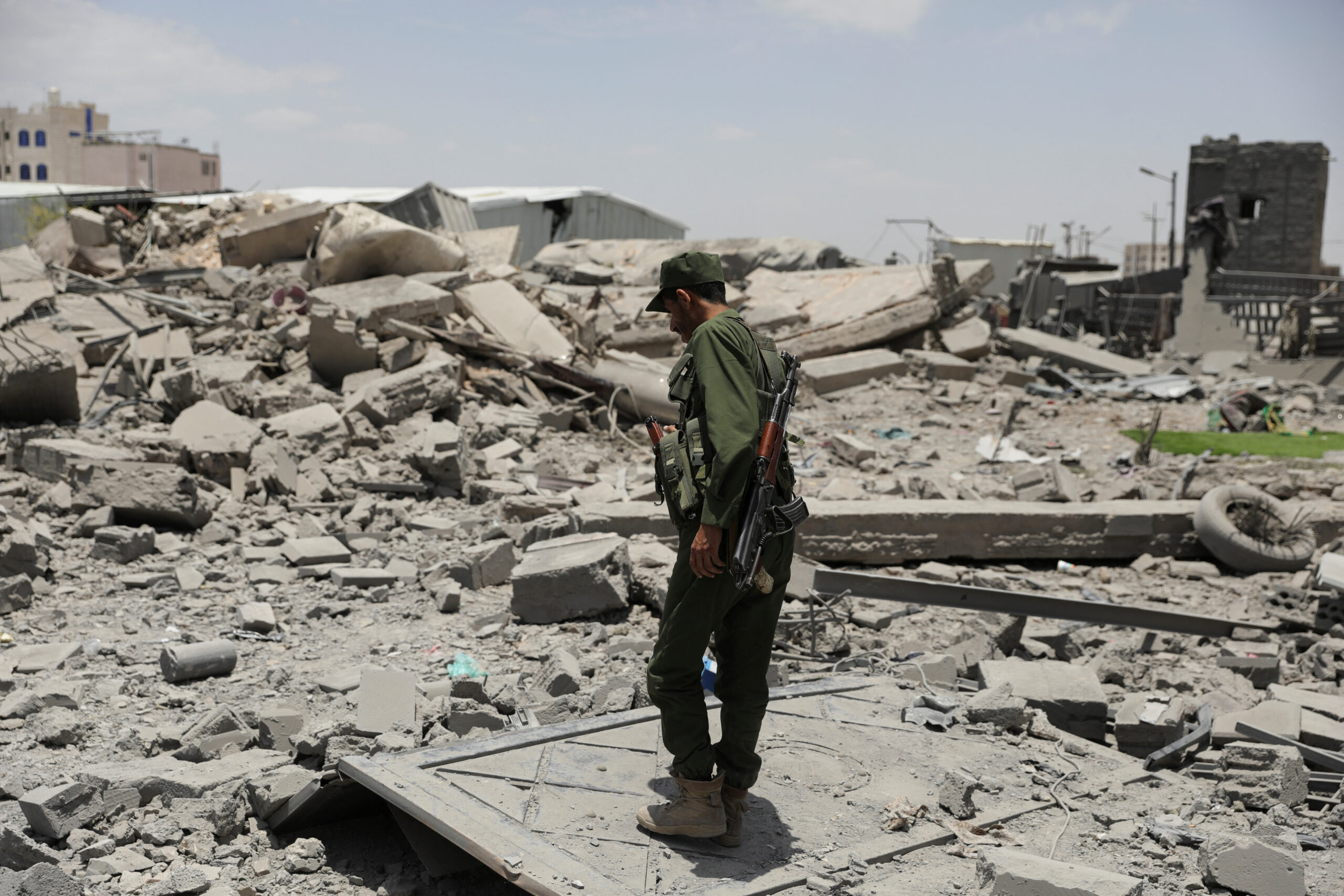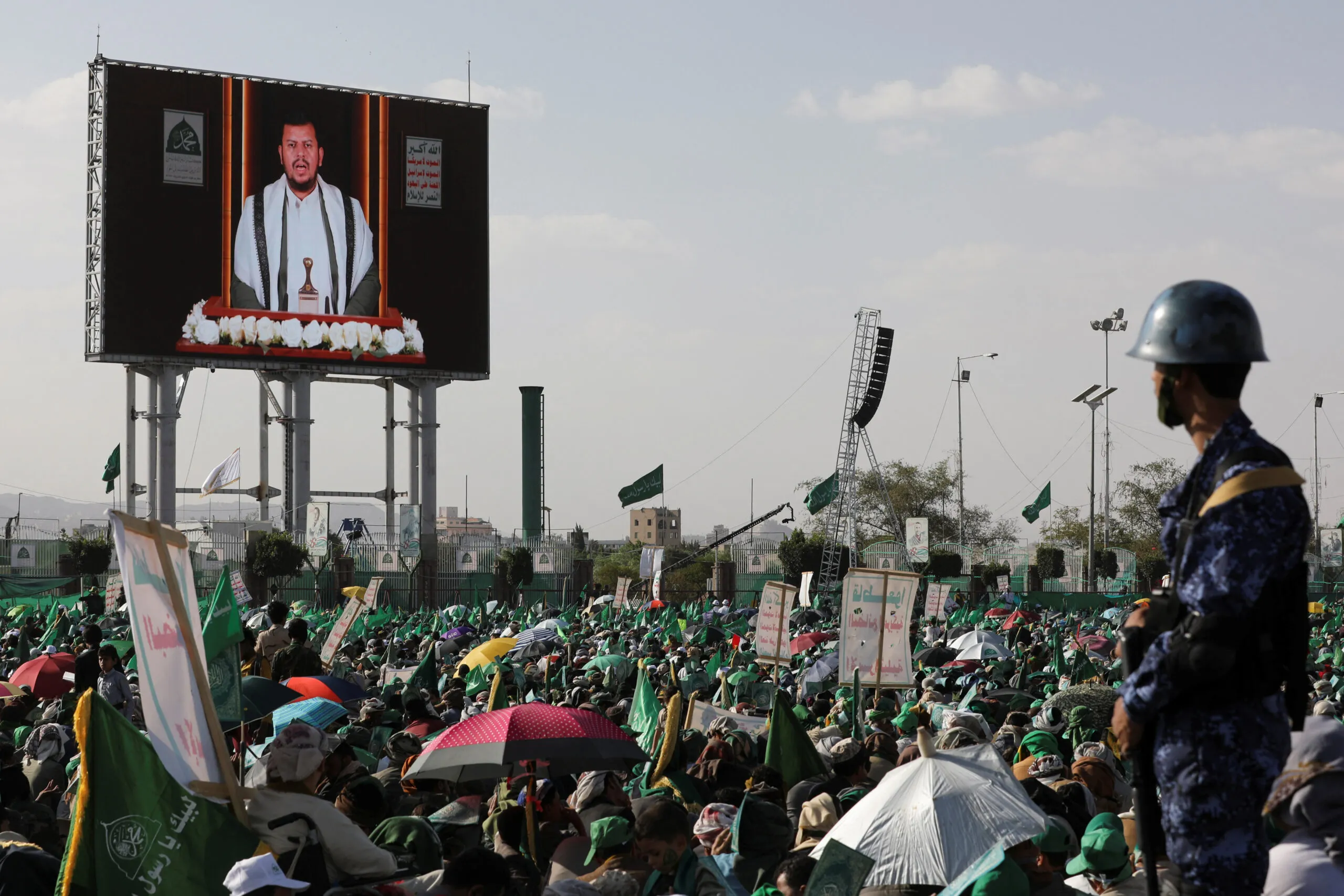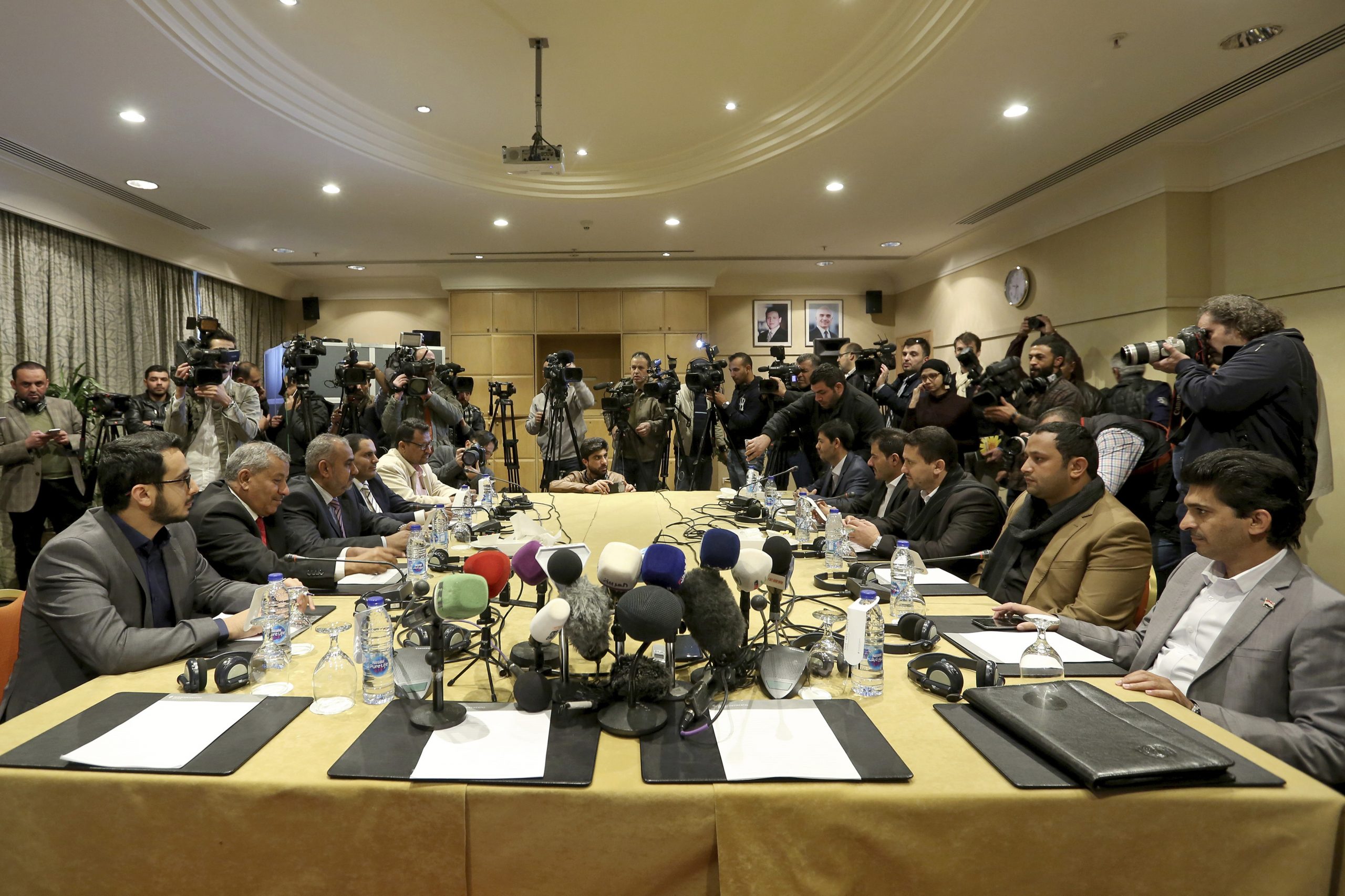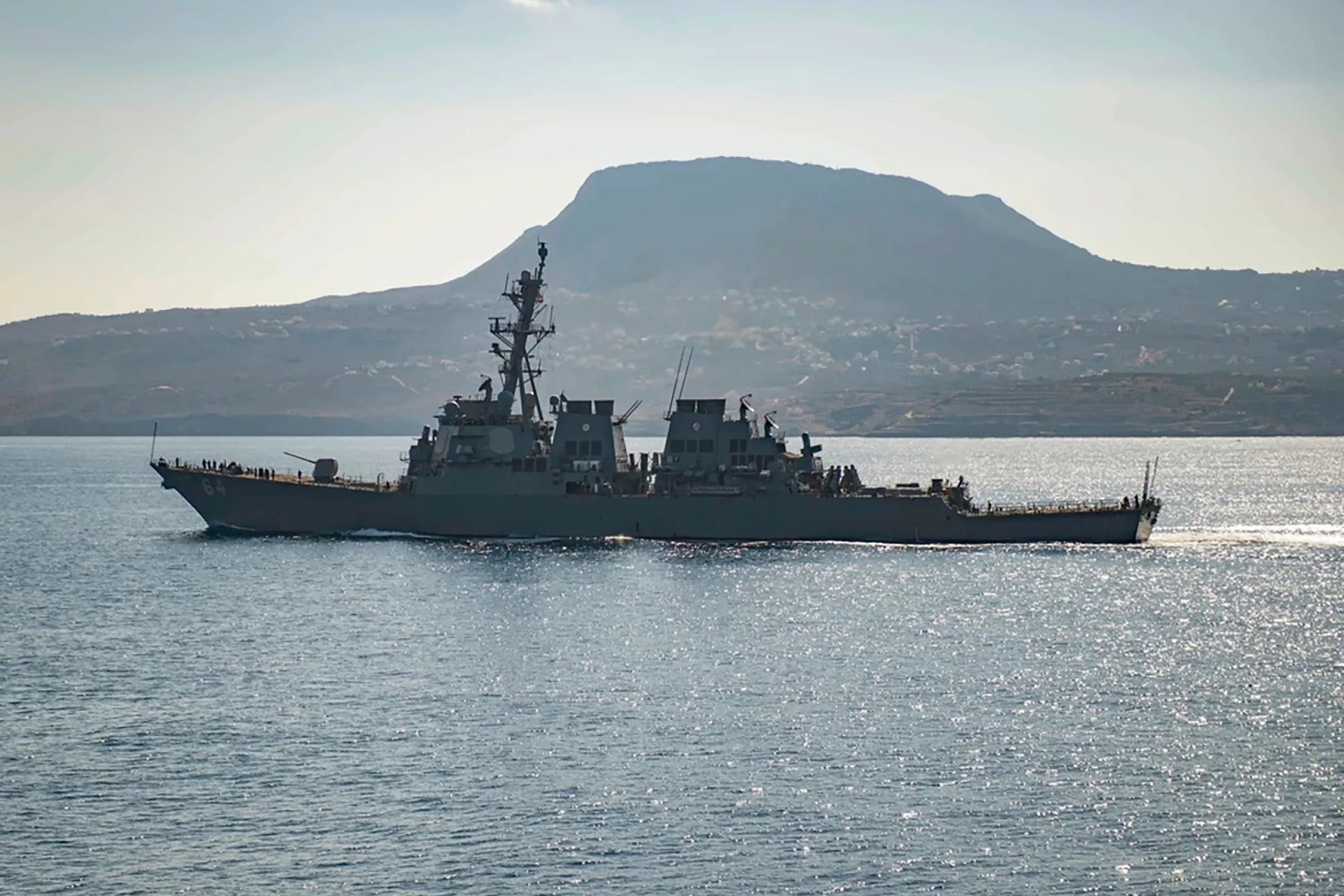
On January 3, the United States, along with 13 other countries, issued a “final warning” to the Houthis, informing the group that unless it ceased its attacks on ships in the Red Sea it would face “consequences.” Although the statement did not specify exactly what those consequences would be, it wasn’t hard to read between the lines: If the Houthis did not cease their attacks, the United States would be prepared to take military action.
Not surprisingly, within hours of the statement, the Houthis responded to the written warning by launching a drone boat, signaling that they were not about to back down in the face of military threats and setting the stage for a direct confrontation.
The United States is now, according to multiple reports, preparing strike packages to target Houthi missile and drone sites as well as fast boat facilities in Yemen. The message the United States is sending, both through diplomatic channels as well as the media, is clear: stop or we’ll shoot. But what if the round of missile and airstrikes doesn’t stop the Houthis?
The Houthis have not been deterred by the United States shooting down their drones and missiles, sinking their ships, or killing at least 10 of their men. Nor has the formation of Prosperity Guardian, the naval coalition meant to safeguard commercial shipping in the Red Sea, or the recent strongly worded statement done anything to dissuade the group.
What if the missile strikes are no different? What if, instead of being deterred by U.S. airstrikes, the Houthis are actually emboldened? After all, the group has been at war for most of the past two decades and has survived nearly a decade of airstrikes from Saudi Arabia and the United Arab Emirates. If airstrikes don’t work, does the United States simply fire more missiles, expand the targeting list, or try something else? There are no easy or obvious answers to this conundrum the United States faces in Yemen.
Part of the problem is that the United States has been at once overly cautious in the use of military force and simultaneously overly confident in the results once it is used. After more than two decades of war in the Middle East, and in an era of strategic competition with China, the United States is wary of getting pulled back into conflict in the region. At the same time, the United States appears overly confident that military strikes will put the Houthi threat back in the box. This is likely a result of learning too many lessons from 2016, the last time the United States carried out strikes against the Houthis in Yemeni territory. In that case, the Houthis fired missiles at a U.S. destroyer off the coast of Yemen, and the United States responded by destroying three Houthi radar sites on the Red Sea coast. After that, the Houthis largely left U.S. ships alone.
But the Houthis of 2024 are not the Houthis of 2016. The group is much closer to Iran today than it was eight years ago, and as part of that growing relationship, Iran has supplied the Houthis with much more advanced missile and drone equipment. The Houthis are more experienced, have a tighter grip on power in Yemen’s northern highlands, and have evolved into a highly adaptive organization that learns lessons quickly. Even over the past few months, as an analysis from the Sana’a Center for Strategic Studies illustrates, the Houthis’ strategy in the Red Sea has evolved to maximize its impact on international shipping.
Another part of the problem for the United States is that, while it is not eager for another war in the Middle East, the Houthis have no such concerns. Indeed, in many ways, both regionally and domestically, war is good for the Houthis. First, on the regional side, it gives Iran plausible deniability, allowing it to escalate against the United States, and by extension Israel, while claiming that the Houthis are independent actors. This only strengthens the Houthi-Iranian relationship, which has grown significantly since 2017. Iran and Syria are the only two countries that officially recognize the Houthis.
On the domestic front, a confrontation with the United States, ostensibly over Israel’s actions in Gaza, allows the Houthis to do two things simultaneously. First, it allows the Houthis to demonstrate their very public support of the Palestinian cause, which is always very popular in Yemen. Second, and perhaps more important, it neutralizes the Houthis’ domestic rivals and will likely have, much like Saudi and Emirati bombing did, a rally around the flag effect in Yemen, which will give the Houthis a pass on governing, something the group has not been able to do well.
As Abdulghani al-Iryani, a senior researcher at the Sana’a Center, told the Christian Science Monitor, “The Houthis are intoxicated by their new status.” U.S. airstrikes, al-Iryani said “will only increase the credibility of the Houthi movement, make them stronger, make their popular support higher.”
For all these reasons, the Houthis have been baiting the United States in the Red Sea, testing its red lines, and observing how much of an impact the group can have. The United States has now all but committed itself to military strikes if the Houthis attack another ship. But if the United States follows through on its threat and it doesn’t work – if the Houthis continue attacking ships despite direct U.S. military involvement – then the United States will find itself walking a very fine line, attempting to deter and counter the Houthis attacks while at the same time avoiding a broader war in Yemen.
The views represented herein are the author's or speaker's own and do not necessarily reflect the views of AGSI, its staff, or its board of directors.

